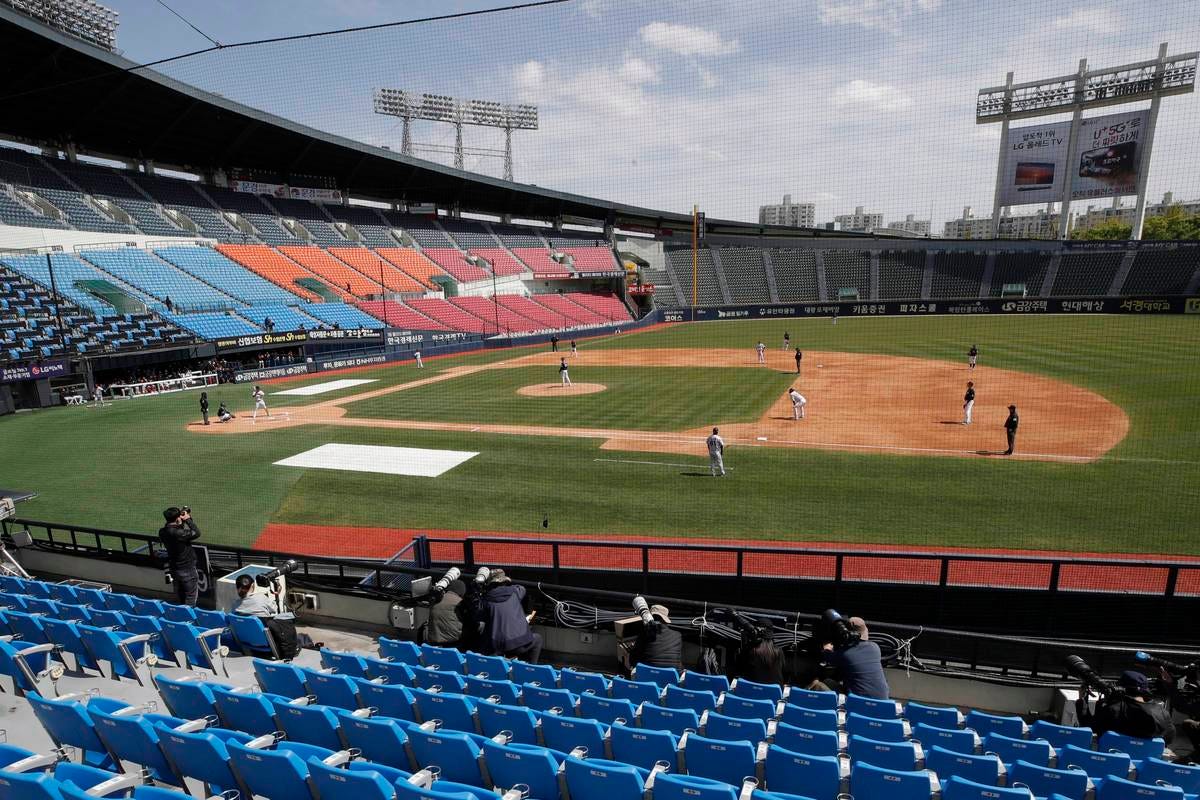Korean Baseball: The Only Game in Town
Eat your hearts out, Yankee fans

By: Todd Crowell
The Twins won the baseball season opener on May 5, powered by the pitching of starter Casey Kelly. No, Not those Twins – the Minnesota Twins. The winning team was the LG (Lucky Goldstar) Twins of the Korea Baseball Organization (KBO) in the league’s first game since the coronavirus outbreak.
“We finally got to play a game that mattered,”…
Keep reading with a 7-day free trial
Subscribe to Asia Sentinel to keep reading this post and get 7 days of free access to the full post archives.
